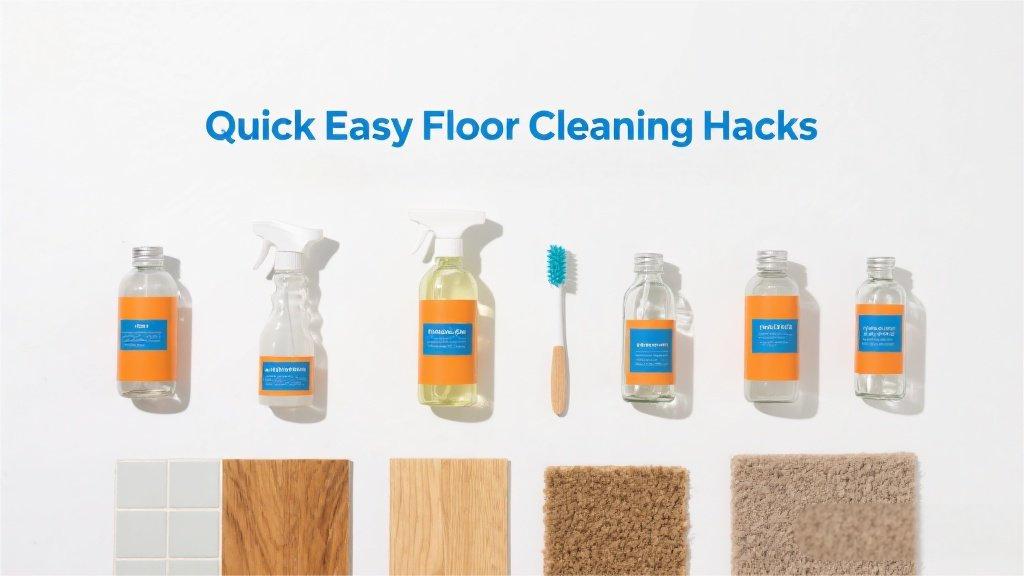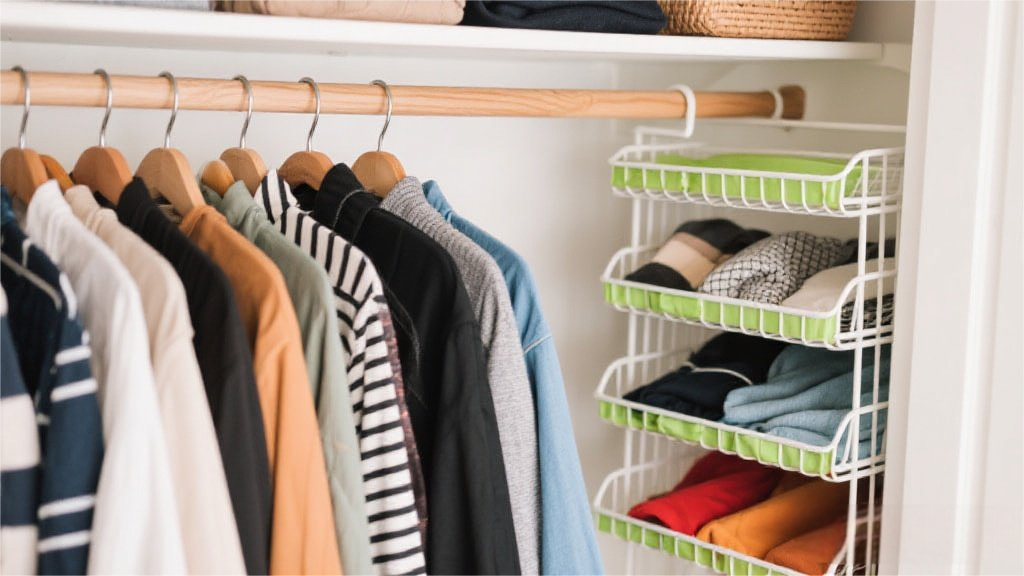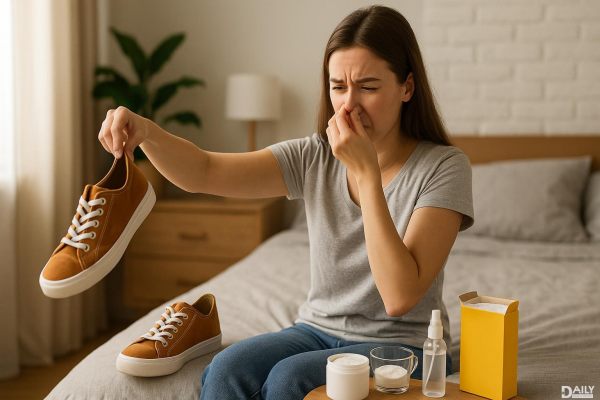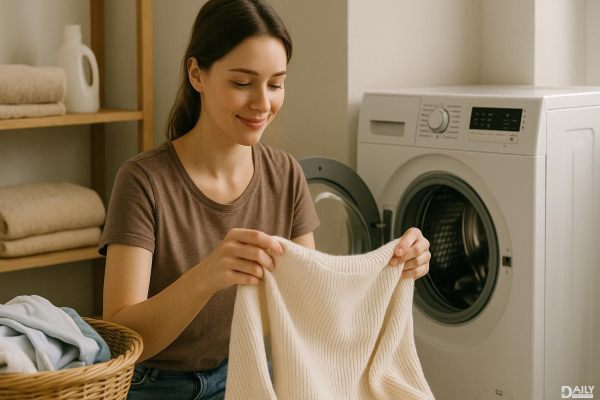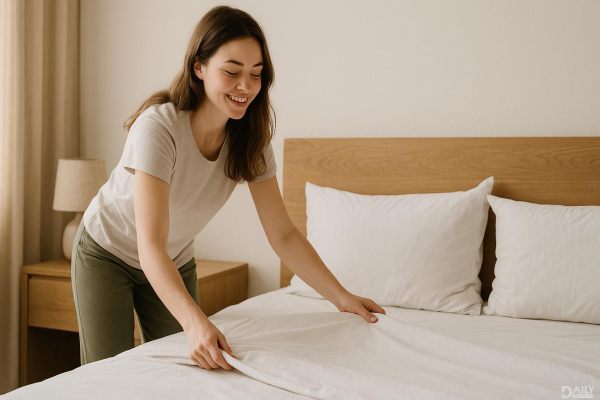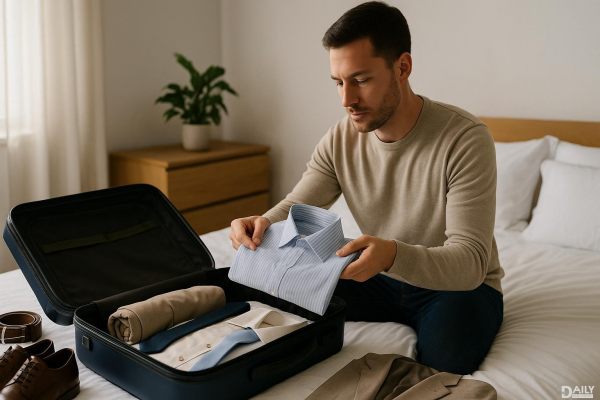Blue-light glasses have surged in popularity as a go-to solution for screen-induced eye strain, but the real question is: do they actually work, or could they be doing more harm than good? The truth is, blue light isn’t just coming from your phone or laptop—it’s everywhere, even in sunlight, which plays a crucial role in regulating our sleep-wake cycles. While some blue-light exposure is necessary for alertness during the day, too much—especially at night—can mess with your melatonin production and leave you tossing and turning. So, where do blue-light glasses fit into all this? Let’s break it down.
The Science Behind Blue Light and Your Eyes
Blue light is part of the visible light spectrum, and it’s not inherently bad. In fact, natural blue light from the sun helps regulate our circadian rhythm, keeping us awake and focused during daylight hours. The issue arises when we’re exposed to artificial blue light—especially after sunset—from screens, LEDs, and other digital devices. Studies suggest that prolonged exposure to artificial blue light can contribute to digital eye strain (ever felt that gritty, tired sensation after a long work session?), and it may also disrupt sleep by tricking your brain into thinking it’s still daytime. That’s where blue-light glasses come in—they’re designed to filter out a portion of this artificial blue light, theoretically reducing eye fatigue and improving sleep quality. But does the science back up the hype?
Do Blue-Light Glasses Actually Work?
The short answer: it’s complicated. Some research suggests that blue-light glasses can help reduce eye strain, particularly for people who spend hours in front of screens. A 2017 study published in Ophthalmic & Physiological Optics found that participants who wore blue-light-blocking lenses reported less eye discomfort after prolonged computer use. However, other studies argue that the benefits might be more placebo than science—meaning if you believe they work, you might feel better wearing them, even if the actual blue-light filtering is minimal. Another thing to consider? Not all blue-light glasses are created equal. Some only block a small percentage of blue light (around 10-20%), while others claim to filter up to 90%. If you’re serious about reducing blue-light exposure, you’ll want to check the specs before buying.
Potential Downsides of Blue-Light Glasses
While they’re generally safe, blue-light glasses aren’t without controversy. One concern is that they might give users a false sense of security, leading them to spend even more time on screens under the assumption that their eyes are fully protected. Spoiler: they’re not. Blue-light glasses don’t address other factors contributing to digital eye strain, like poor posture, screen glare, or simply staring at a screen for too long without breaks. There’s also debate over whether blocking blue light during the day could have unintended consequences—since natural blue light helps regulate mood and alertness, filtering too much of it might leave you feeling sluggish. And let’s not forget the aesthetic factor: some blue-light glasses have a noticeable yellow or orange tint, which isn’t exactly a fashion win for everyone.
Alternatives to Blue-Light Glasses
If you’re not sold on blue-light glasses (or just don’t love the idea of wearing them), there are other ways to reduce eye strain and improve sleep. First, try the 20-20-20 rule: every 20 minutes, look at something 20 feet away for 20 seconds. This gives your eyes a much-needed break from constant screen focus. You can also adjust your device settings—most smartphones and computers now have a "night mode" or "blue light filter" that reduces blue-light emission after sunset. Another simple fix? Dim your screen brightness and increase text size to reduce squinting. And if sleep is your main concern, consider establishing a screen-free wind-down routine at least an hour before bed—swap scrolling for a book, podcast, or some light stretching instead.
Who Might Benefit Most From Blue-Light Glasses?
While the jury’s still out on whether blue-light glasses are a must-have for everyone, certain people might find them helpful. If you work night shifts or have irregular sleep patterns, wearing blue-light glasses in the evening could help signal to your brain that it’s time to wind down. Gamers, programmers, and anyone who spends 8+ hours a day in front of screens might also notice reduced eye fatigue with blue-light lenses—especially if they pair them with other healthy screen habits. And if you’ve tried other methods (like screen filters or the 20-20-20 rule) and still struggle with eye strain, it might be worth giving blue-light glasses a shot—just don’t expect them to be a magic fix.
At the end of the day, blue-light glasses are just one tool in the toolbox for managing screen time’s effects on your eyes and sleep. They might help some people, but they’re not a cure-all. The best approach? Stay mindful of your screen habits, take regular breaks, and listen to your body—because no pair of glasses can replace good old-fashioned self-care.
